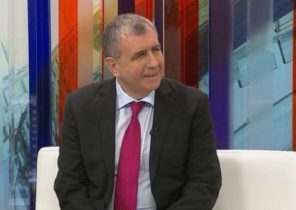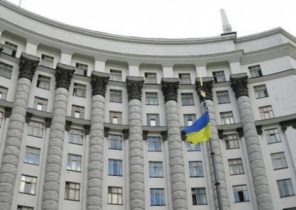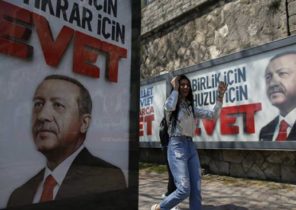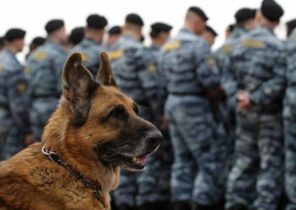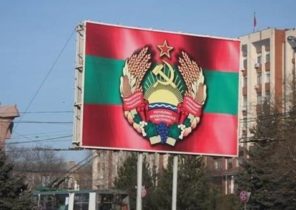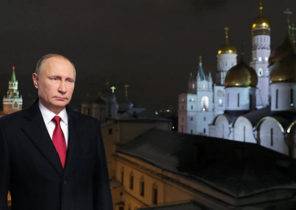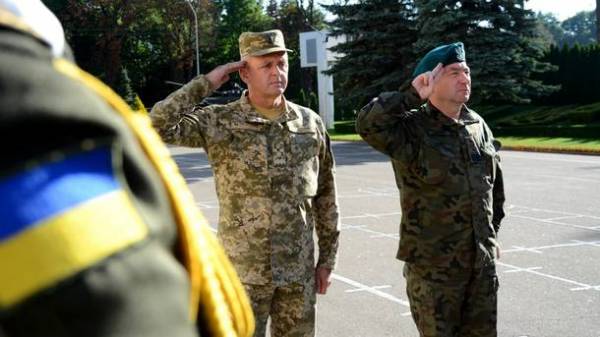
Chiefs of the General staffs of the Armed forces of Ukraine Viktor Muzhenko and the Polish army Leszek Zurawski discussed the increased number of joint training and exercises. It is reported by the General staff of the APU in Facebook.
As reported, on August 30 in Lviv began cross-border meeting of chiefs of General staffs of Armed forces of Ukraine and the Polish army – the National Academy of Ground forces named after Hetman Petro Sahaidachny Muzhenko took his Polish counterpart, Lieutenant General Zurawski.
“The negotiations will be discussed issues of military cooperation, in particular the increase in the number of joint drills and exercises of units and staffs of both countries”, – reported in the General staff.
SEE ALSO
- The response to Putin: Finland and the USA going back to the exercises in the Baltic sea
In the agenda of talks included issues of assessing the potential threats related to the Belarusian-Russian joint strategic exercises “West – 2017”.
After the talks the chiefs of General staff will visit the international centre for peacekeeping and security of the National Academy of Land forces, under the leadership of the Polish instructors are trained soldiers.
“West-2017” joint doctrine of the Armed forces of Russia and Belarus, scheduled for the period from 14 to 20 September this year. According to official data of the Russian Federation, the exercise will be attended by up to 13 thousand troops, according to Western analysts, up to 100 thousand.
The Ukrainian military leadership has repeatedly stressed that the upcoming exercises can serve as a cover for more aggressive actions from the Russian side.
Exercises “West-2013” allowed Russia to prepare for the annexation of Crimea, and “West-2009” – resulted in the testing of a nuclear strike on Warsaw.
The Kremlin insists that the scripts that are reproduced in these exercises are purely defensive. NATO, in turn, in anticipation of the exercise actively increasing its military presence in the Baltic region.
